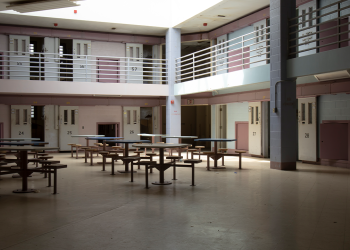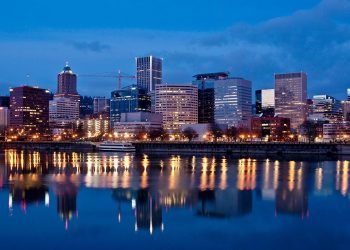Prime Minister Shehbaz Sharif has called an urgent meeting of Pakistan’s National Security Committee (NSC) today (Monday) as tensions escalate in the Middle East following the United States’ entry into the Iran-Israel military conflict. The NSC, Pakistan’s top national security decision-making body, includes key ministers and senior military officials and is chaired by the prime minister.
The meeting comes just a day after the US launched strikes on Iranian nuclear sites, backing Israel in its ongoing conflict with Tehran that began on June 13. While Israel claims the strikes are to prevent Iran from acquiring nuclear weapons, Iran maintains its nuclear program is strictly peaceful.
Pakistan, along with China and Russia, has submitted a joint draft resolution to the UN Security Council calling for an immediate and unconditional ceasefire in the Middle East. The resolution urges a diplomatic solution that ensures Iran’s nuclear program remains peaceful, in return for lifting all sanctions.
Pakistan has condemned the US strikes, warning of regional instability. Ambassador Asim Iftikhar Ahmad urged the Security Council to act “urgently and decisively” to protect civilian lives.
With a 900-kilometer porous border with Iran, Pakistan now faces potential security threats from increased regional volatility, as well as serious economic repercussions. Analysts warn that rising global oil prices could further strain Pakistan’s fragile economy, which is already grappling with a balance-of-payment crisis and dependency on fuel imports.
The conflict also tests Pakistan’s foreign policy as it navigates complex relations with Iran, the Gulf states, and the United States — a key trade and aid partner. How Islamabad balances these relationships in the weeks ahead could significantly impact its security and economic future.








